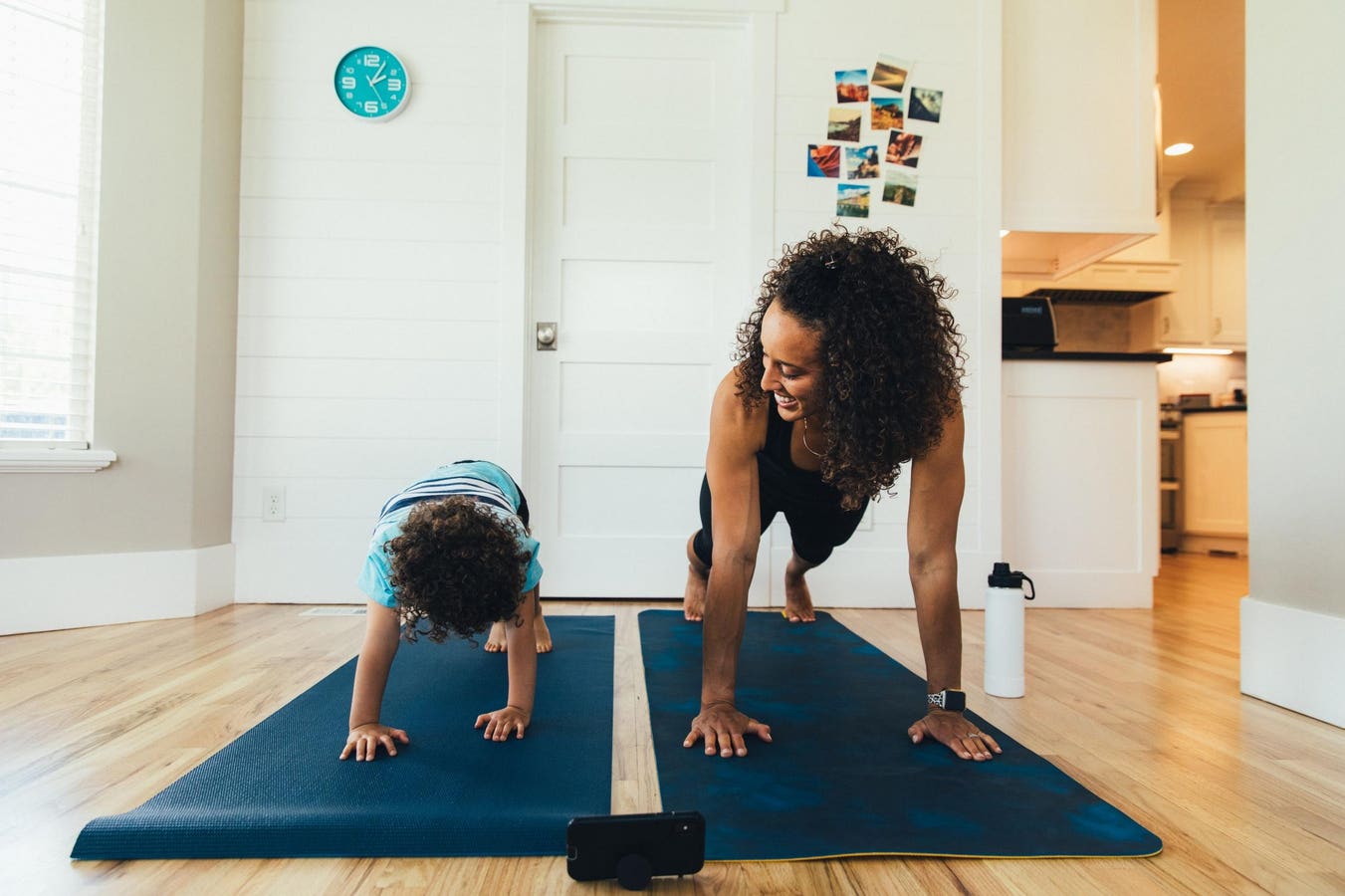We may think parenting is an innate or natural ability because nature dictates that every species instinctually does what is best for its offspring. But that is not how it works in modern parenting. There are over four billion parents in the world right now, and each has a different belief about how to raise their child and what is best for them. Any situation ranging from how to feed an infant to how to manage a toddler’s temper tantrum to a struggling teenager or a young adult evaluating college choices will elicit countless responses from parents. This is because parenting styles vary from person to person, and they reflect the parent’s personality. If parenting were innate, you would know what to do in most cases, and there would be fewer differences in how parents parent, instead of one mother’s response to a situation often being diametrically opposite to how another would react.
Several factors determine our parenting style. For starters, our personality and experiences shape our parenting philosophy. Additionally, our parenting style is also influenced by our individual circumstances, priorities, hopes and dreams, what we observe in other parents, and a host of other factors, such as aversion to conflict, how we want to be viewed by our kids, what we believe is right and countless other things. None of these are instinctual.
An instinct is an innate or natural response to external stimulation; it is a behavior where you know what to do without prior learning or experience. Some elements of parenting may fall under this category, such as responding to a crying baby or a protective instinct that mothers develop to keep their baby safe. But beyond a few primal actions, nothing else about parenting a child is instinctual. Becoming a good parent is learned; and just like learning anything else, learning how to parent requires knowledge, practice, and repetition.
Do As I Do, Not As I Say:
So, while each parent may have their own approach to parenting, one parenting technique stands out as the most effective – modeling the behavior you want to see in your children. Strive to become who you want your child to become. Kids learn more from observing you every single day than from the lessons you try to teach them and the wisdom you wish to impart. Effective parenting is not about the life lessons you attempt to teach; it is the sum total of the near-infinite actions you take as a parent.
Researchers at The Ohio State University showed that when adults are exposed to new information, they tend to focus on what they are told and what they deem important. Kids, however, focus on everything they see and encounter. They learn more from observing than from being told something is important.
Your kids will follow your actions, good or bad. For example, kids whose parents smoke are more likely to become smokers, and kids whose parents exercise are more likely to exercise. Whether parents intend to or not, their behaviors are likely to become their kids’ behaviors.
So, as parents, the first rule of effective parenting is to remember that your kids are always observing your actions and reactions to situations and learning from them. Your actions get imprinted in their minds. What they observe you doing is far more impactful than what you tell them to do.
If you are like most parents, you have a vision of the qualities you would like your child to develop. Maybe you want them to be hard-workers, or effective communicators, or have great problem-solving, skills, or show perseverance, empathy, and self-control. These are just a few examples of the life skills one needs to succeed in today’s society. The best way to ensure your kids develop these life skills is to model them, or in other words, live them yourself. If you learn to live the life you want your kids to live, they will learn from simply watching you and emulating what you do.
Read the full article here





